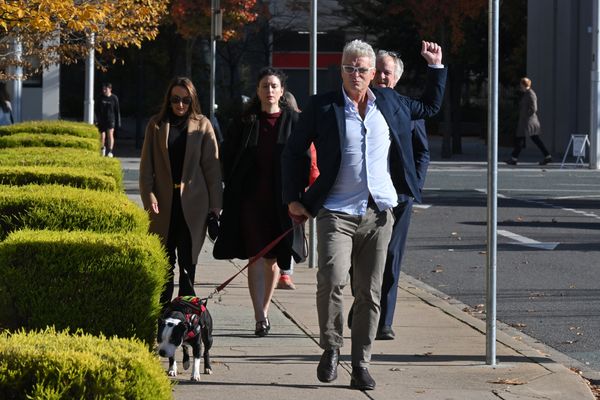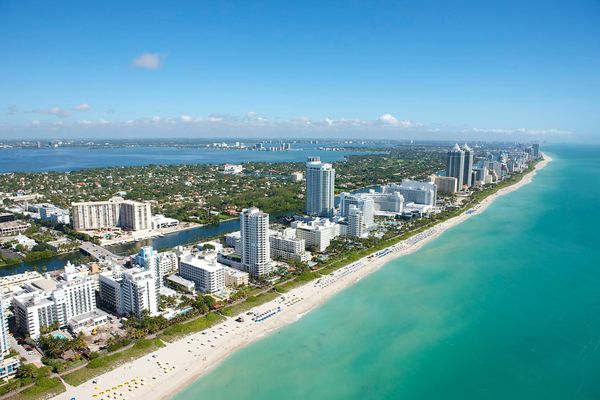
One of the biggest potential off-shoots of self-driving technology is the robotaxi, a driverless, artificial-intelligence-powered car that maneuvers itself without any input or supervision from humans.
General Motors' (GM) -) robotaxi division, Cruise, currently operates a few small fleets of these driverless cars in San Francisco, Phoenix and Austin. The company is operating and testing vehicles in Dallas, Houston and Miami.
And Cruise said Aug. 7 that it is adding another city to that list as it looks to expand its testing of the driverless vehicles: Atlanta.
DON'T MISS: Elon Musk Explains Final Hurdle in Tesla's Full Self-Driving Tech
The company didn't elaborate much, saying simply: "Today we begin our initial testing across the city and we can’t wait to see what each neighborhood has to offer. More to come soon."
The announcement comes just about a week after Cruise said that it would be bringing its self-driving vehicles to Nashville.
Cruise CEO Kyle Vogt said at the time that the technology that makes the robotaxis possible keeps getting better, unlocking the cars' ability to expand more rapidly into more environments.
Next up: Atlanta! 🙌
— cruise (@Cruise) August 7, 2023
Today we begin our initial testing across the city and we can’t wait to see what each neighborhood has to offer.
More to come soon.
"What we had to do was find the areas where our AV system didn’t generalize well and fix it. In some cases, it was as simple as retraining our ML models using data from the new city. In some cases we found we had to redesign parts of a system," he said.
"Since each new city requires less work than the last, we’ve been able to ramp up the rate at which we launch in new cities."
More Tesla:
- Why Tesla Stock Is Going Through the Roof -- And Where It Could Go Next
- Mercedes Just Beat Tesla to This Huge Milestone in the Race to Self-Driving Cars
- Top Analyst Just Compared Tesla to Apple In 2008 (Apple Is Up 3,873% Since)
Even as Cruise looks to expand, regulators in San Francisco are set to vote later this week on whether to allow them to do so within San Francisco, with state agencies citing the dangers these robotic cars pose.
But Cruise, which according to the company has recorded 1 million driverless miles, said that its robotaxis were safer than the average human-driven car.
"Throughout our first million driverless miles, our AVs were involved in fewer collisions, were the primary contributor to fewer collisions, and were involved in fewer severe collisions with meaningful risk of injury, than human drivers were in a comparable driving environment," Cruise said.







